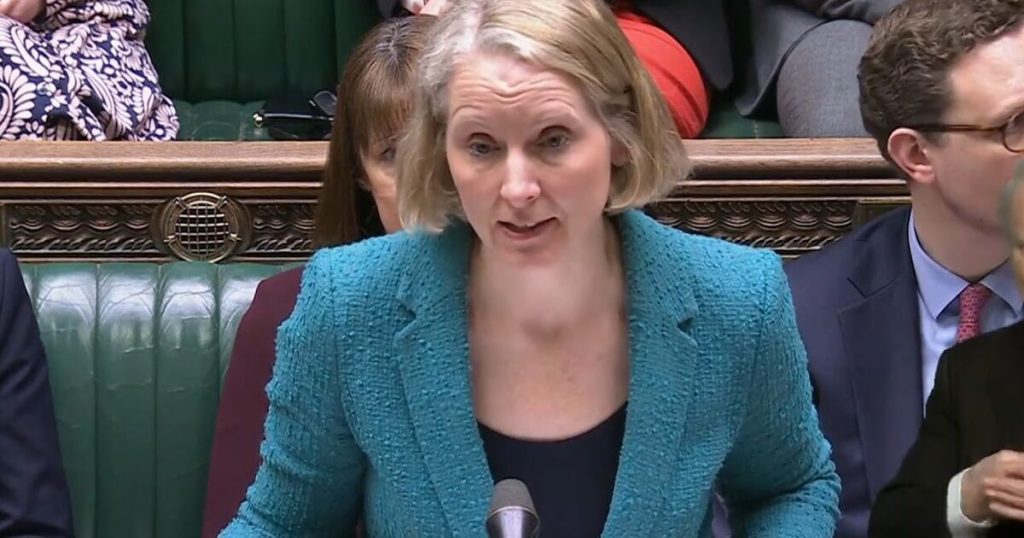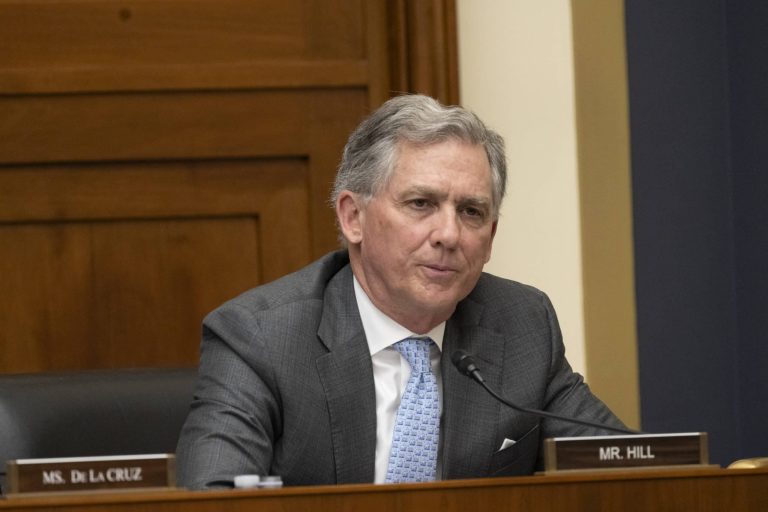
The government has given its response to calls for changes to be made to Lifetime ISAs to reflect soaring house prices. The Lifetime ISA, known as LISA, was designed to aid individuals aged between 18 and 39 in their quest to become property owners, offering a 25% boost on their savings.
People can save up to £4,000 a year in them and the government will add in up to £1,000. A person can take the money out only for one of two reasons: number one, they are buying a first time property, they’ve never bought a property before, never owned a property before and that property has to be worth under £450,000. The second reason is they’ve hit age 60 and then you can take the money out and you get to keep the bonus.
However, since its initiation five years back in 2017, the property market’s landscape has altered drastically. Campaigners are calling for reform of the Government’s scheme aimed at first-time buyers, which effectively “fines” individuals if they use it to purchase a property exceeding £450,000.
In a new parliamentary question Liberal Democrat Pippa Heylings asked the Chancellor of the Exchequer Rachel Reeves: “If she will increase the cap on Lifetime ISAs.”
Economic Secretary (HM Treasury) Emma Reynolds replied: ”Data from the latest UK House Price Index shows that while the average price paid by first-time buyers has increased, it is still below the LISA property price cap in all regions of the UK except for London, where the average price paid is affected by boroughs with very high property values. The Government keeps all aspects of savings tax policy under review.”
Personal Finance guru Martin Lewis has previously called for LISAs to be reformed. He has said: “No one who has opened the ISA has hit age 60 yet because they haven’t been around long enough. It’s a savings account. It’s just a tax-free savings account, but the real key to it is the 25% state bonus. The problem with a lifetime ISA…the big one is if you take your money out for any other reason than to buy a first time qualifying property or at retirement effectively when you’re age 60, you take a 25% penalty.”
Martin broke down the numbers to show that saving £10,000 could typically earn a £2,500 bonus, bringing the total to £12,500. But withdrawing the funds for reasons not permitted incurs a 25% penalty, thus reducing the amount to £9,375 and resulting in a £625 loss from the original savings.
Mr Lewis says the Lifetime ISA withdrawal fine needs to be removed for first-time buyers purchasing homes above the scheme’s £450,000 limit. Giving evidence to cross-party group of MPs the House of Commons Treasury Committee Martin added that the penalty is also a social inequality issue, with those on the lowest incomes likely to miss out on the benefits because they’re typically also the most risk averse.
LISAs are designed to help people aged 18 to 39 buy their first home or, much less popularly, to save for retirement. Savers get a 25% Government boost when they use the funds to buy a qualifying first home.
He said: “I have a problem with it [the 25% Lifetime ISA withdrawal penalty] for first-time buyers buying a house. So what we have is, we have a succession of young people, who are saving in the vehicle they have been encouraged to save in by the state, who are then using, trying to use their savings to buy a first-time property.
“But, due to house price inflation, their property has just tripped above the £450,000 level. And then, not only do they not get the £1,000 a year bonus they were intended to get – which I understand, and it’s legitimate, there’s a threshold – they are fined by the state effectively 6.25% of their own money in order to withdraw that money to get the cash out. And the problem with that, is not just for the individuals who it affects.
“When I do television programmes on the Lifetime ISA, I have to warn people about that. And when I warn them about that, because you have to have the caveat ‘that you should only save in this if you are definitely going to buy a property under £450,000’, instantly, we have a huge dropout in the number of people who get it.”
Mr Lewis said the fact that the £450,000 threshold has not been increased is a ‘manifest unfairness’. He also called for the age limit for it to be opened by people aged between 18 and 39 to be scrapped. He told the committee: “Why should a 41-year-old who has never had the opportunity to buy a home not be able to open a Lifetime ISA? Why is there an age limit of 40 for opening a Lifetime ISA?
“I think as people are buying properties at a much older age, I think it is age discrimination, and ‘you’ve got to open it before your 40th birthday’ seems wrong to me.”






